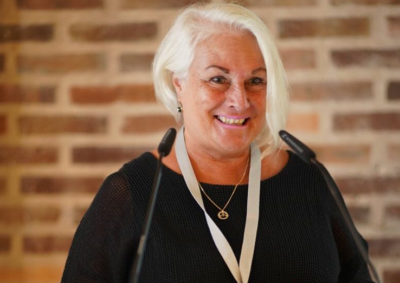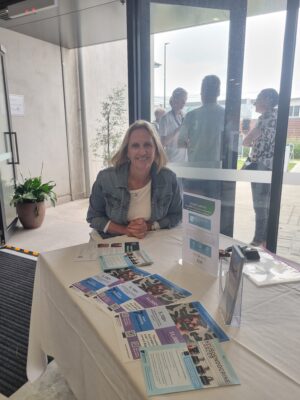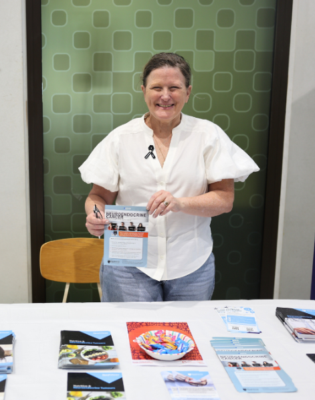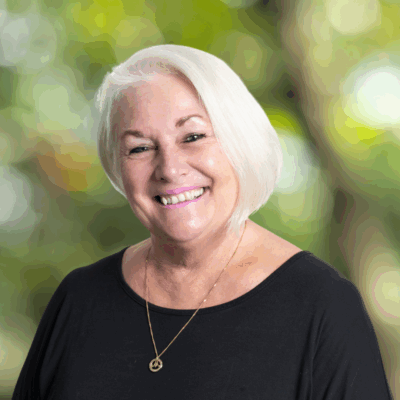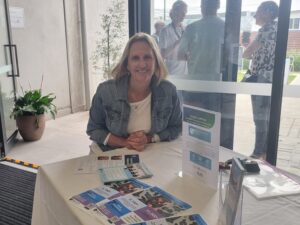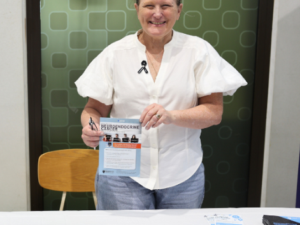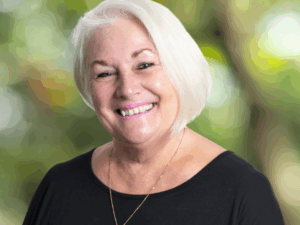On Monday 17 November NECA attended the National Roundtable – Sustainable Pathways: Shaping the Future of Nuclear Medicines in Australia at Parliament House. Nuclear Medicine Australia is a newly formed collective voice which includes nuclear medicine industry sector, healthcare professionals and patient organisations who advocate to ensure that nuclear medicine has an integral role in Australia’s healthcare system.
There were 4 key areas discussed
- Reimbursement – There was strong consensus that establishing a predictable, transparent, and timely reimbursement pathway is essential to ensure patient access and support sustainable service delivery. There was favourable support for the development and implementation of an alternative funding model for radiopharmaceuticals that would complement the MSAC process and which was the recommendation of a previous Department of Health working group.
- Regulatory Framework – Therapeutic Goods Administration (TGA) – TGA’s accessibility and willingness to provide early scientific advice create a collaborative and predictable environment for innovators. An area identified for improvement was greater resourcing to assist in the long delays currently experienced in GMP compliance and inspections.,
- National Standardisation and upscaling capabilities- future workforce requirements and radiopharmaceuticals licenses – Ongoing pressures across radio pharmacy, nuclear medicine technology/science, medical physics, radiochemistry, and regulatory science were noted, together with the need for coordinated workforce planning. The most pressing need is the critical shortage of nuclear medicines technologist / scientists and how universities can attract and retain more students, and
- Innovation Investment – phase III studies, translation and investment. Participants emphasised the importance of supporting clinical research, accelerating translation of new tracers and technologies, and enabling greater collaboration between industry, academia, and government. Australia provides a unique, standardised network of nuclear medicine research sites that are the envy of other parts of the world, however, they are inundated with trials that are not of high quality or are cancelled at high cost to the centre in time and resourcing

